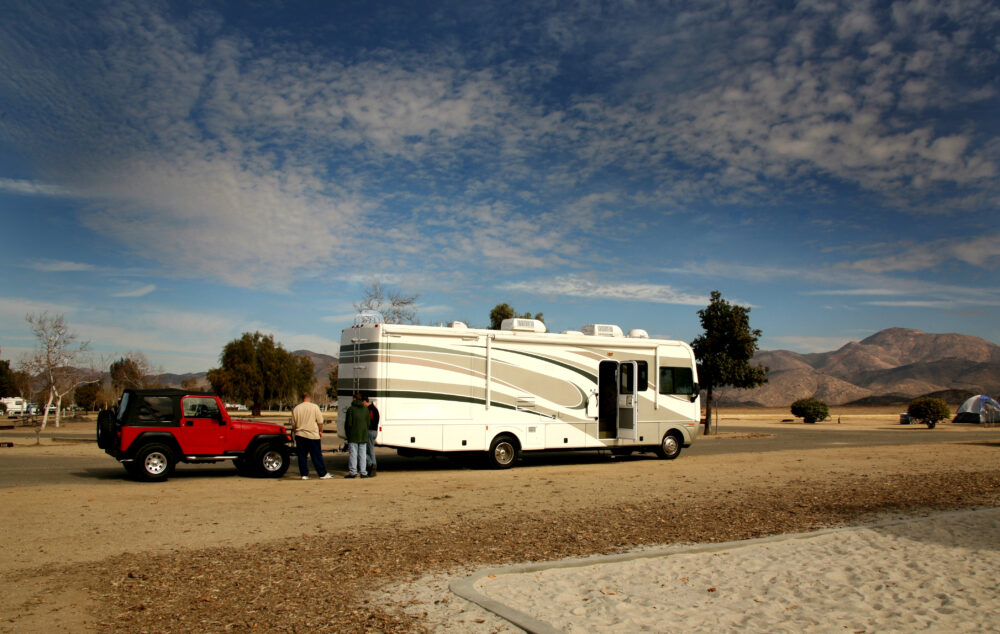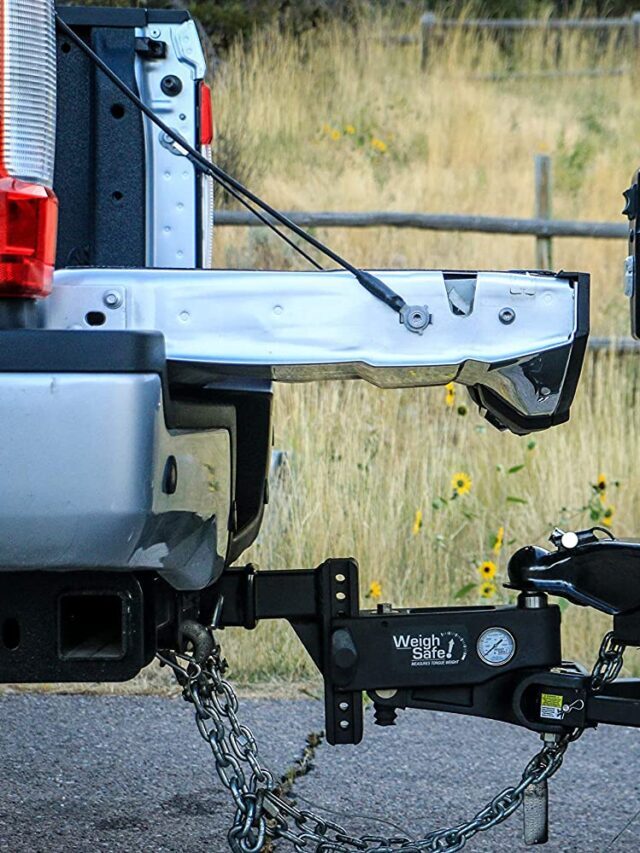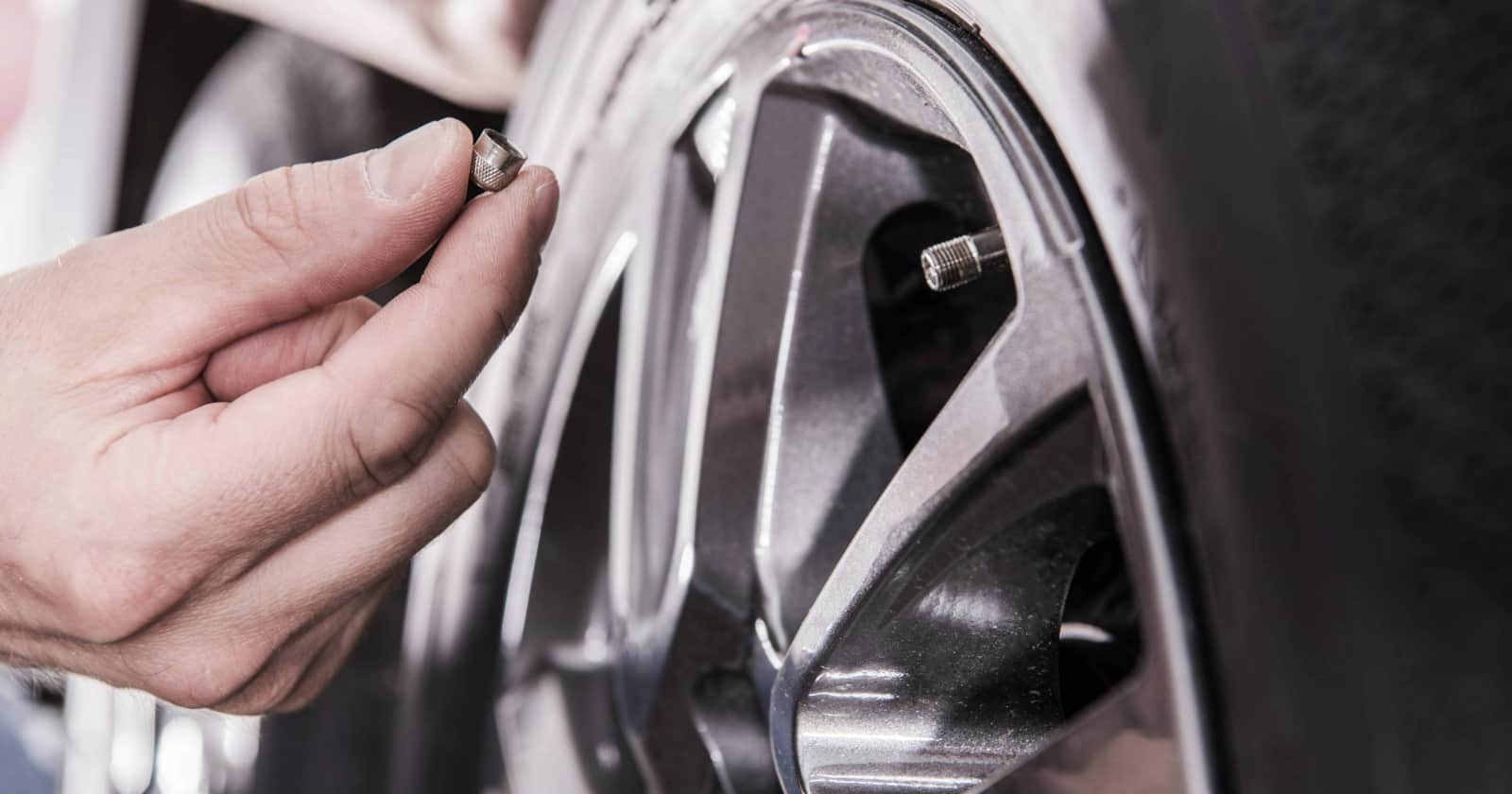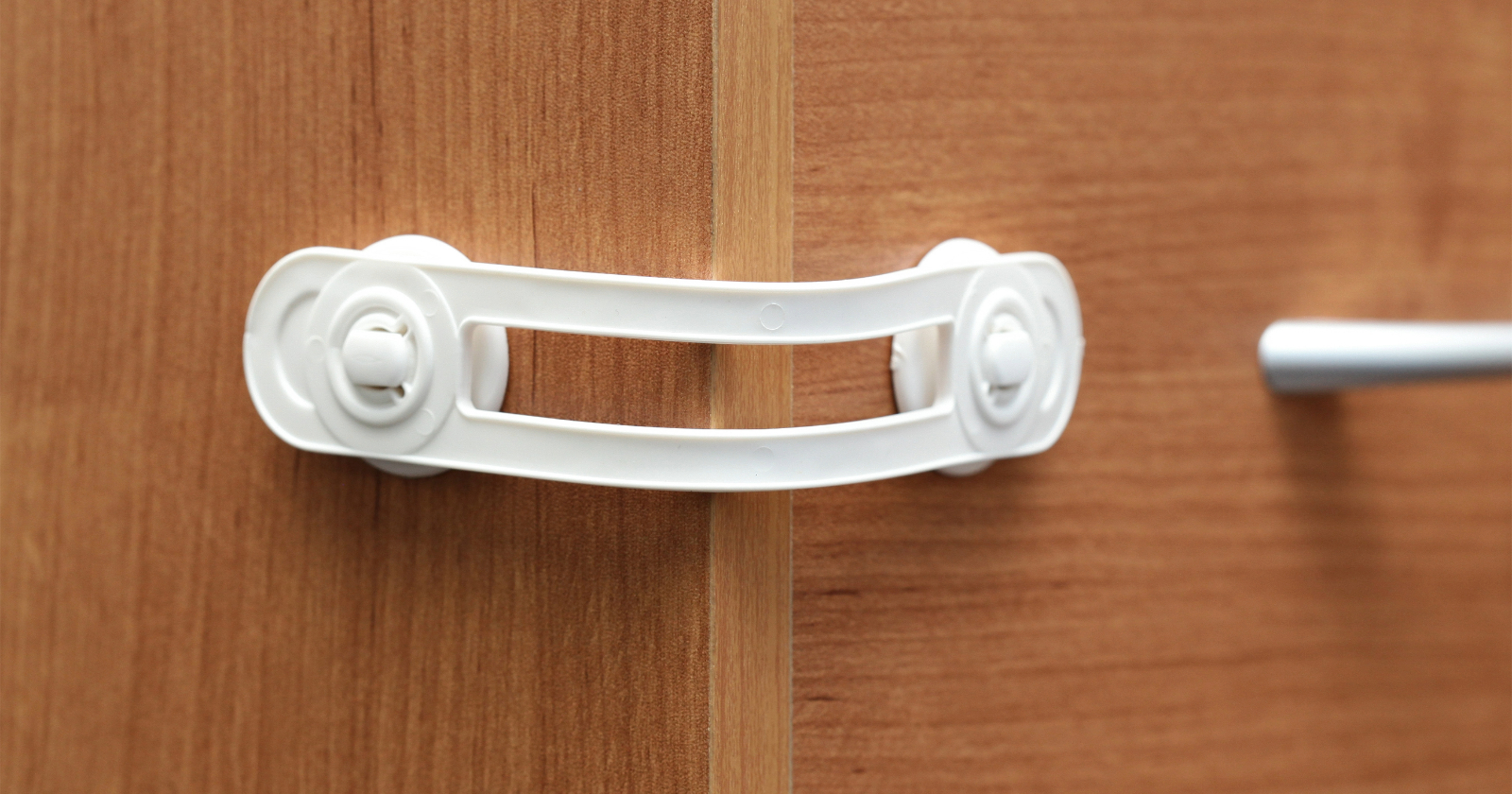
What Is An RV Weight Distribution Hitch?
When you buy an RV, you need to think about how you will take it you from place to place. Motorhomes are easy because you can just get in and drive them, but most campers must be towed behind another vehicle.
You need a sturdy, reliable hitch that can handle a large amount of weight. In order to reduce the strain on your tow vehicle, you’ll want to invest in an RV weight distribution hitch.
Even small RVs are heavy, and they can take a toll on your car if you don’t spread the weight out. Most trailers are front-heavy because their wheels are at the back. When the front tips forward, this increases the weight on the back of the tow vehicle.
Without a weight distribution hitch, the rear axle of the car will carry the bulk of the weight, which can lead to a lack of control, poor fuel efficiency, and an increased risk of blowouts.
What is a Weight Distribution Hitch?
Before we get into the benefits, let’s quickly cover what these hitches are. Most of us are familiar with the traditional ball and socket hitch that many trucks are equipped with. With these hitches, you can easily hook up something small and tow it without issue. But once you add a heavy RV into the mix, these hitches can cause problems.
As mentioned above, standard hitches create an uneven weight distribution that puts too much downward pressure on the rear axle of a tow vehicle.
RV weight distribution hitches combat this by using a pair of spring bars that connect to the main hitch. These spring bars provide leverage and help push the front of the trailer up. This reduces the sag and properly aligns the RV with the tow vehicle.
There are other parts of this hitch, such as the weight distribution shank, safety chains frame brackets, and sometimes a special ball hitch attachment for the tow vehicle. However, the spring bars are some of the most important pieces that distinguish this hitch from others.
Why Use an RV Weight Distribution Hitch?
There are many reasons to use one of these hitches for your RV. They are often used as the industry standard, so you won’t have to look too hard to find a good option. Below are some of the benefits you can enjoy and dangers you can avoid by using an RV weight distribution hitch.
Reduces trailer sway
One of the biggest reasons to use these hitches is because they can reduce trailer sway. If your RV begins to drift back and forth on the road, this can cause you to lose control and crash. Some trailers even flip over, which can lead to serious injuries to yourself and other drivers on the road.
If you use a standard hitch, most of the weight will be put on your back wheels. If you have FWD or 4WD, this reduces your ability to control your vehicle. Once your trailer starts to drift, it will be hard to properly correct your course.
Trailer sway can be caused by improper weight distribution, tight turns, crosswinds, and underinflated tires. However, a weight distribution hitch lowers this risk.
Relieves strain on the tow vehicle
This next point is similar but worth mentioning. If your tow vehicle is unevenly burdened, it will have to work extra hard to reach and maintain a good travel speed. The engine and various parts need to work extra hard, which can cause things to break and wear down faster than normal.
Your vehicle’s lifespan will be increased if you invest in a good RV weight distribution hitch. You’ll also enjoy better fuel economy, a lower risk of tire blowouts, and fewer trips to the mechanic.
Helps you reach the full towing capacity
You might have heard that using a weight distribution hitch increases your maximum towing capacity. This isn’t really true, but it’s easy to see why people think that. After all, if the weight is spread out, you can carry more, right?Well… the answer is yes and no.
It would be more accurate to say that a weight distribution hitch helps you safely reach your vehicle’s maximum towing capacity. However, you should never go over this limit because it’s been set for a reason. If you try to overload your tow vehicle, you can permanently damage it.
A weight distribution hitch spreads out the weight and reduces the strain on the tow vehicle. Therefore, it’s safer for these vehicles to tow heavy weights. They might be able to handle loads that were previously difficult to move, but you still shouldn’t push past the limits that have been set by the manufacturer.
May be required by law
Finally, you might want to buy a weight distribution hitch because it’s required by law. Because this is a matter of public safety on busy roads, states have the power to set and enforce regulations about which hitches you can use. Weight distribution hitches are one of the safest options, so many states require RV owners to buy them.
This isn’t the case in every state, but some areas make it illegal to tow an RV without a state-approved hitch. Every state has its own laws for vehicles and RVs, so look up the specific rules in your state before you make a decision.
Best RV Weight Distribution Hitches
By now, you know all the benefits of these hitches and might want to buy one for your own vehicle. Although there are lots of manufacturers that create these items, some models stand out from the crowd.
Every year, more hitches hit the shelves, so you should ensure that you get the best product for your RV. Some of the best hitches include:
- Weigh Safe TrueTow Weight Distribution WSWD6-2.5-KA
- Fastway e2 2-Point Sway Control Round Bar Hitch
- Andersen Hitches Weight Distribution Hitch
- Equal-i-zer 4-point Sway Control Hitch
- EAZ LIFT 48056 600 lbs Elite Kit
Alternative Hitches
Although an RV weight distribution hitch is usually the best option for travel trailers, there are alternatives you might want to keep in mind. Fifth wheel hitches are a different game, so you’ll need to look into these if you have a fifth wheel.
Bumper Hitch
This is the most common type of hitch. It comes pre-installed in most trucks and some other vehicles too. It’s the simple ball and socket hitch that sticks out of the car bumper. These are fine for towing light loads such as storage trailers and teardrop campers, but you need something hardier for most RVs.
Fifth Wheel Hitch
There are a few types of fifth wheel hitches, but all of them must be installed in the bed of the tow truck. These hitches connect to the overhang of a fifth wheel, so it locks in place over the truck bed. Some fifth wheel hitches slide for turns, while others remain locked in place.
Gooseneck Hitch
This is similar to a fifth wheel hitch because it’s installed in the bed of a truck. The general shape and purpose are different though. A ball hitch sticks up from the truck bed and slides into a special connector that locks into place. Gooseneck hitches are usually used for semi trucks and other industrial towing vehicles, but sometimes they can be used for RVs.
Forums such as iRV2.com and blog sites like RV LIFE, Do It Yourself RV, and Camper Report provide all the information you need to enjoy your RV. You’ll also find brand-specific information on additional forums like Air Forums, Forest River Forums, and Jayco Owners Forum.
Related articles:




